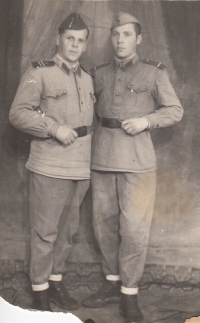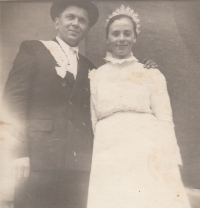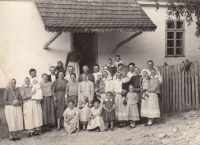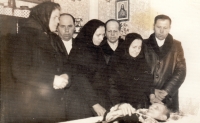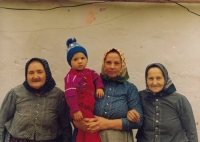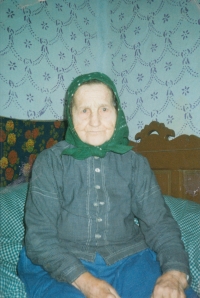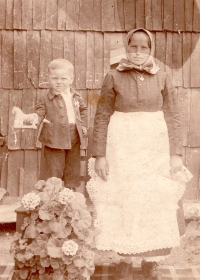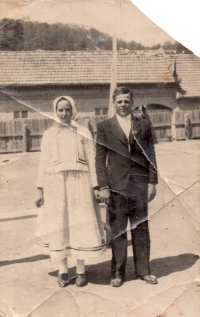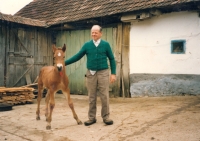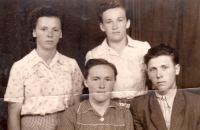“They will take you to Siberia and shoot you there.” In the end, they made us suffer in Bărăgan
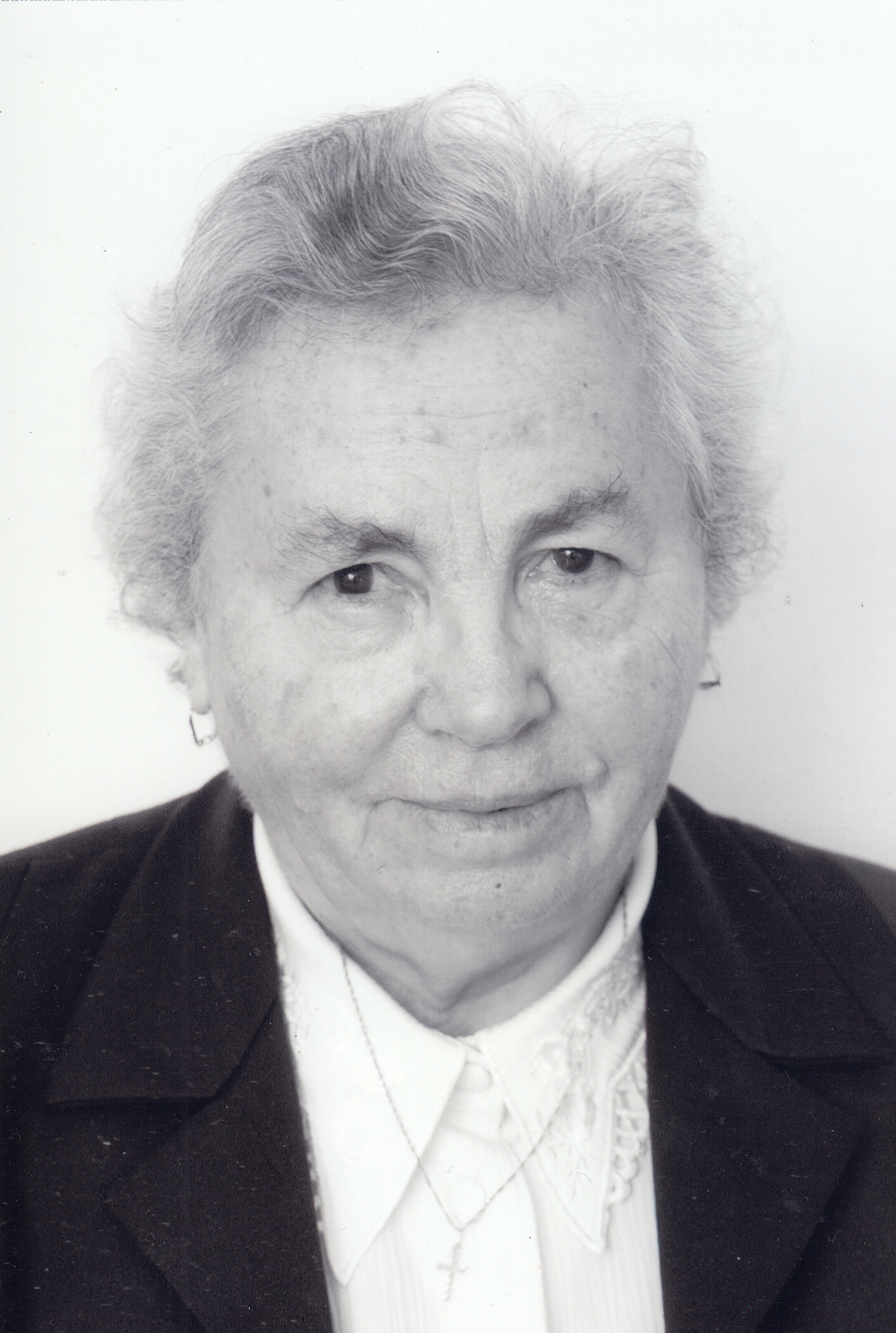
Download image
Johana Rothová, née Cizlerová, was born on 14 June 1939 in the Czech village of Gerník in the Romanian Banat as the youngest daughter of Karel and Maria Cizler. Her family ran a hay factory and farmed ten hectares of land, of which only four hectares were arable. After the Second World War, the witness entered the local school. Schooling was interrupted in June 1951 by the deportation of the family to the Bărăgan area, where the communist regime concentrated more than 40 000 inhabitants of the Western Romania Banat, including several other families from Gernik. Between 1951 and 1956 they survived in inhuman conditions on the vast plains near the town of Călărași. The deportees lived there in terrible conditions - they suffered from hunger, thirst, disease and isolation. The Cizlers first lived in an earth lodge and later built a shack from clay bricks. Although the witness entered the local school, she was soon transferred to a work force. Like the other deportees, the underage Johana Cizler had to perform forced labour and meet set labour standards for state-owned enterprises and estates, and she spent most of her deportation alongside a deported girl Katerina Černíková (formerly Kovaříková) from Svatá Helena. After moving back to Gernik in 1956, the Cizlers had to repair their farm. They bought cattle again and later a threshing machine, which the communists took away from them. The following year, the witness went to work at the hospital in Oravice and lived with her aunt. Her future husband, whom she soon married, visited her there. She lived in Gernik and worked in agriculture until 1996, when she moved to the Czech Republic. She was financially compensated by the state for her deportation to Bărăgan after 1989. At the time of filming (November 2023) she lived in the Cheb region.

